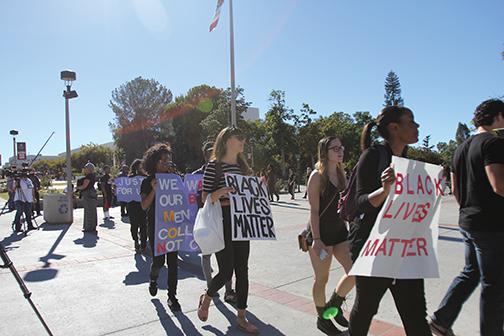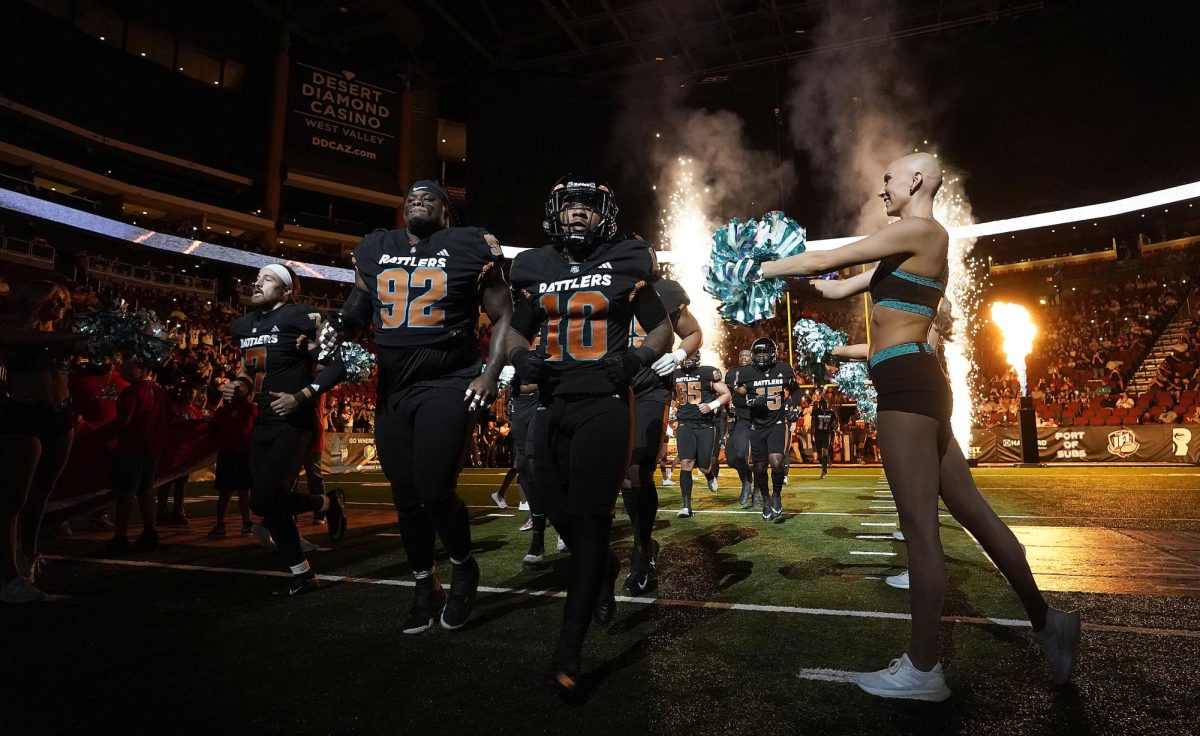Millennials are the most confident, connected, open-minded and progressive generation, according to recent studies.
“Millennials, A Portrait of Generation Next,” is a series of reports studying values, beliefs and behaviors of members of the Millennial generation, the population of people reaching adulthood in the 2000s. The study was recently released by Pew Research Center.
The research concluded that Millennials are the most accepting of interracial marriage, the most accepting of immigrants, with 58 percent believing immigrants strengthen the country, and are the only generation in favor of the legalization of gay marriage.
“I have been very fortunate to teach in a department where a lot of students are first generation college students,” Chicana and Chicano studies professor Leilani Grajeda-Higley said. “Many of these students are aware and active because they come from a place of oppression.”
In the past year, San Diego State saw students participate is various events, protests, and solidarity movements such as the Take Back the Night march against sexual assault and the protest on the decision of the Michael Brown shooting case Ferguson.
“My sophomore year we put up a mock wall representing the wall that separates Palestine and Israel and included art and information,” SDSU senior Hassan Abdinur said. “Some students are really appreciative and once they understand what is going on they want to know more and do more.”
Abdinur attributes the lack of knowledge, or the statement “Oh, I didn’t know,” as a huge motivator for not only himself, but for many activists.
“Now that you understand, now that you know there is a problem, know that you need to step up in whatever capacity you can step up in,” Abdinur said.
While Millennials exhibit more open-mindedness than previous generations, a report released by the University of Michigan’s Institute for Social Research showed today’s college students also rank about 40 percent lower in empathy than students two or three decades earlier.
“It’s easy to say that you know there are problems in some country across the world and not do anything when all you hear are statistics and faceless people, which is why it is so important to humanize the struggles,” Abdinur said.
A new trend in the millennial generation, coined “slacktivism,” involves using social media platforms to write about the issues happening around the globe without actually going out and being involved in protests.
“You just sit on the computer and share and retweet without doing much, and now that is considered activism, (but) there is a lack of action after that though,” Abdinur said. “It’s cool that you know about all this stuff, but where does the action come into play?”
Researchers believe the most likely reason for both the progressive attitude and desensitization is due to new technology and social media available to this generation.
“I don’t know if students have changed as much as started to outsource their brains,” Grajeda-Higley said. “Technology and social media has allowed them to see what is happening all over the world.”
According to a 2014 survey conducted by MTV and David Binder Research, 89 percent of Millennials believe “everyone should be treated equally, regardless of race.”
“We are at a crossroads at the minute, we are unique, so do everything in your capacity to bring about more change,” Abdinur said.











